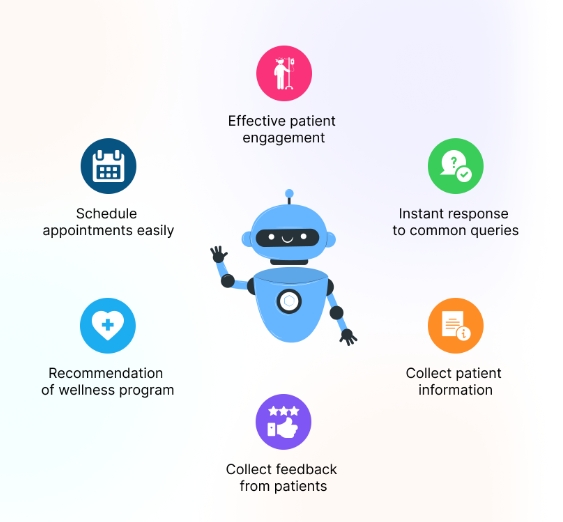The healthcare industry is being transformed by the increasing implementation of conversational AI technology, leading to more personalized and efficient patient care.
Conversational AI is changing the way patients interact with healthcare providers, allowing for easier communication and quicker access to information.
Improved Patient Engagement
One key benefit of Conversational AI in healthcare is improved patient engagement. This technology allows patients to access information and communicate with their healthcare providers in a more convenient and efficient manner.
Better Diagnosis and Treatment Planning
Conversational AI can assist healthcare providers in diagnosing and planning treatment for patients more effectively. By analyzing a patient’s symptoms and medical history, AI algorithms can suggest potential diagnoses and treatment options, assisting healthcare providers in making more informed decisions.
Enhanced Patient Monitoring
Conversational AI can also be utilized for patient monitoring, allowing healthcare providers to track a patient’s progress and receive real-time updates on their condition. This technology can help identify any concerning trends or changes in a patient’s health, allowing for early intervention and improved outcomes.
Improved Administrative Tasks
Conversational AI can help streamline administrative tasks in healthcare, such as scheduling appointments, processing insurance claims, and managing patient records. This technology can free up valuable time for healthcare providers, allowing them to focus more on patient care.
Challenges and Future Opportunities
While conversational AI holds great potential for revolutionizing patient care, there are still challenges to overcome, such as ensuring the security and privacy of patient data and addressing potential biases in AI algorithms.
Despite these challenges, the future of healthcare looks promising with the continued advancement of conversational AI technology. By leveraging the power of AI, healthcare providers can deliver more personalized and efficient care to patients, ultimately improving outcomes and enhancing the overall patient experience.

